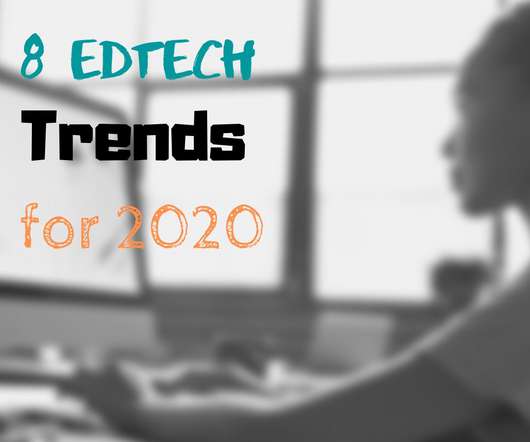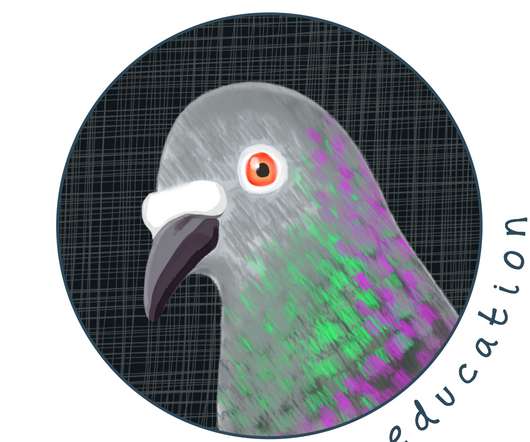Facebook Seems to Be Adding Video-Course Features. For Edtech, That Raises Old Fears.
Edsurge
JUNE 14, 2022
The tech giant Meta, widely known under its previous name Facebook, seems to be eyeing a way to allow users to offer video classes. Since at least last year, Meta has experimented with Facebook Classes, a program designed to make online instruction through its platform smoother. For now, Meta isn’t taking a cut of live events.









































Let's personalize your content